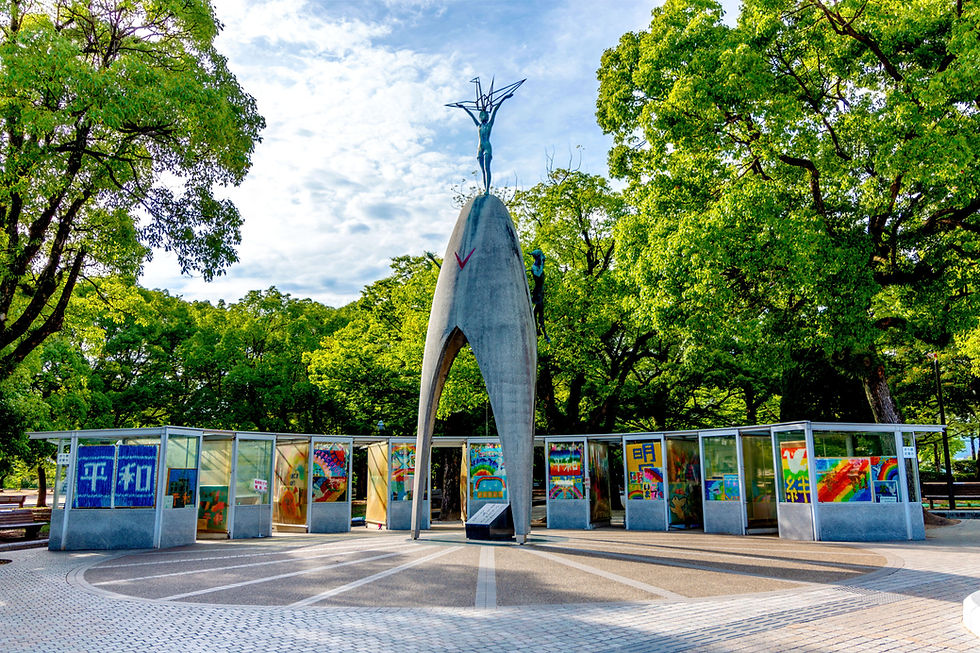Clothing Allowances Withheld at Heart Mountain
- Moya McGuill

- Aug 4, 2020
- 3 min read
A few weeks ago, I was getting dressed and looked in the mirror. It’s something I rarely do these days because I have much bigger things to be concerned about than my appearance, like staying alive during a worldwide pandemic! I noticed the cotton, navy-blue t-shirt I was wearing had huge holes in the armpits and was shredding at the bottom. I was a little taken aback but told myself it didn’t matter because I rarely leave my house.
I bought four new t-shirts in March when I was planning my trip to California to meet Terry’s family. I wear and wash the shirts every week, but I mumbled something to myself about cheap fabric and went to my office to write. I grabbed my only pair of readers, put them on, and the left arm snapped right off. I’m a hot mess. Too lazy to stop and fix them, I let them dangle off one ear and made-due until I attached the arm back on with some electrician’s tape.
I’ve spoken before about the universe delivering messages when we’re open to them and I believe the pedestrian account I give about my sad little t-shirt and my broken readers led me to unearth important information about the inhumane conditions at Heart Mountain.
Last weekend, I went back through some of the digital archives that I use for this project. I was looking for any little tidbit of information I may have missed. I came across the diary of John A. Nelson. Nelson was the Assistant Director of Heart Mountain Relocation Camp from July 1942 to June 1943. His diary gives the reader an in-depth look at the bureaucratic red tape that prevented prisoners from getting the warm clothing they needed to endure Wyoming winters.
Nelson describes how prisoners disembarked from the trains coming from assembly centers to Heart Mountain and explain how they were forced to walk in the frigid night air with mud up to their knees and in freezing temperatures. He admits that the ramshackle construction of the barracks and the harsh weather conditions in Cody, Wyoming will make living conditions unbearable.
According to my research, stoves were not placed in barracks until the first month of 1943; six months after the first prisoners arrived. Upon entry to the camp, they were given two army blankets to keep warm. Even Nelson himself says that two army blankets would never keep him warm under those conditions.
He discusses at length that the prisoner’s clothing is inappropriate for Wyoming winters and acknowledges that “Washington,” is holding back on giving prisoners the $3.75 a month clothing allowance promised to them.
A group of women in the camp write a letter demanding the $3.75 a month, but the letter falls on deaf ears. In the letter, the women describe the condition of their clothing. They had no choice but to wear the same few outfits they packed in the two suitcases the government allowed them to carry. For five months in the assembly centers and for months at Heart Mountain, the people wore the same clothes. Their clothes were not only inadequate for Wyoming winters, but they were falling apart due to excessive wear.
Prisoners sent to do agricultural work, or any work outside for that matter, requested wool Mackinaw jackets, but Washington denied the request. You may ask yourself if this was because the jackets were in limbo between D.C. and Wyoming. No. sadly, they were stacked high in a basement at Heart Mountain. The jackets would have been a life-saver in temperatures that reached 30 below zero.
I thought about how fortunate I am. My clothes are falling apart from excessive wear and my readers are held together with Gorilla glue and yellow tape, but I have choices. If I wanted to, I could venture out to a store (masked of course) and buy new t-shirts and readers or even order them online. I live in a house where I’m protected from the elements so it doesn’t really matter if my clothes are hanging on by a thread.
It’s a crime against humanity to refuse to distribute allowances or appropriate clothing to people unjustly incarcerated. It is mind-blowing to me that stoves were not available in the barracks in the dead of winter. This is a topic we need to keep in the forefront of our discussions about the internment of Japanese Americans and about similar events happening in this country today.
Winter at Heart Mountain Relocation Camp

Photo from: http://www.wyomingtalesandtrails.com/powell2.html


コメント